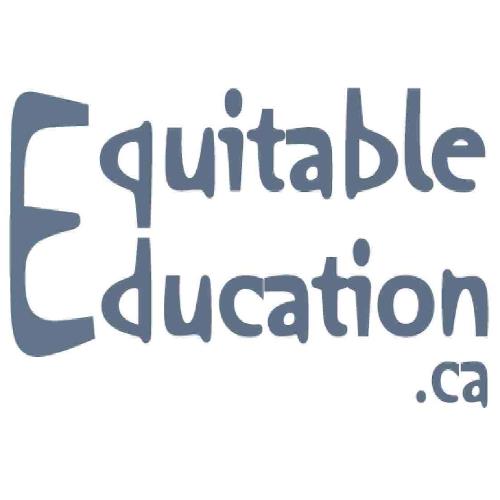Challenging Corporate Media
by Greg Macdougall
Feb 2, 2008 – published at linchpin.ca and in the Linchpin newspaper
Independent media has a rich, long history. Linchpin is following in and updating a tradition known for dissent, diversity, and the creation, cultivation and communication of new and challenging ideas.
While there may be longstanding problems with the way mainstream media works, what doesn’t have such a long and storied history is the rise of ‘mega-media’, the mass corporate media institutions that put control of ever more of our society’s means of communication into the hands of fewer and fewer for-profit companies. It is only in the past decade or two that this problem has reached critical levels, yet it’s been ushered in as if this is ‘business as usual.’
But it isn’t business as usual. Laws regulating media have been changed, media companies have been bought up and/or merged at an alarming rate, and the media landscape is vastly different now than it was a generation ago.
Not only does this result in a distracting ‘if it bleeds it leads’ monoculture that delivers a worldview encouraging non-action and the acceptance of an insane status quo, but there is the continuing problem of an inherent conflict of interest between what is good for society and what makes money. We need to seriously consider the fundamental purpose of our society’s communication tools and structure.
As Robert McChesney states, “regardless of what a progressive group’s first issue of importance is, its second issue should be media and communication, because so long as the media are in corporate hands, the task of social change will be vastly more difficult, if not impossible, across the board.”
This is advice that could be heeded by anyone looking to change the world for the better. Media activists have long been involved in creating alternative media, but there are other forms of activity that are also important in dealing with the problems we now face in our communication structures.
Robert Hackett of Simon Fraser University has classified four major strands of media activism:
- “influencing content and practices of mainstream media” (ex: fair.org, mediachannel.org, projectcensored.org)
- “advocating for reform of government policy/regulation of media in order to change the very structure of media institutions” (ex: freepress.net)
- “building independent, democratic and participatory media” (ex: indymedia.org, mediacoop.ca)
- “changing the relationship between audiences and media, chiefly by empowering audiences to be more critical of hegemonic media” (ex: media-awareness.ca, aml.ca, adbusters.org)
[One site that combines these different aspects is prwatch.org]
This past decade, there has been a heartening level of action around these issues. In 2000, an independent media conference in Waterloo was held; in 2001 there was one in Toronto. In 2004, there was the Uncensoring Media Morphosis conference in Ottawa, and the Community Media Convergence in Guelph. This past year, there was the Propaganada Model conference in Windsor, featuring Noam Chomsky, and the first annual Media Democracy conference in Montreal. Lower-key meetings keep on being held. And since 2001, Media Democracy Day has been celebrated in late October in cities across the country.
Choose to work on one or more of the four forms of media activism, and connect with others – either locally or further afield – to make a difference.
 Interdependent media & in-person learning opportunities for those who are inspired to be part of movements for social justice.
Interdependent media & in-person learning opportunities for those who are inspired to be part of movements for social justice.
Latest comments